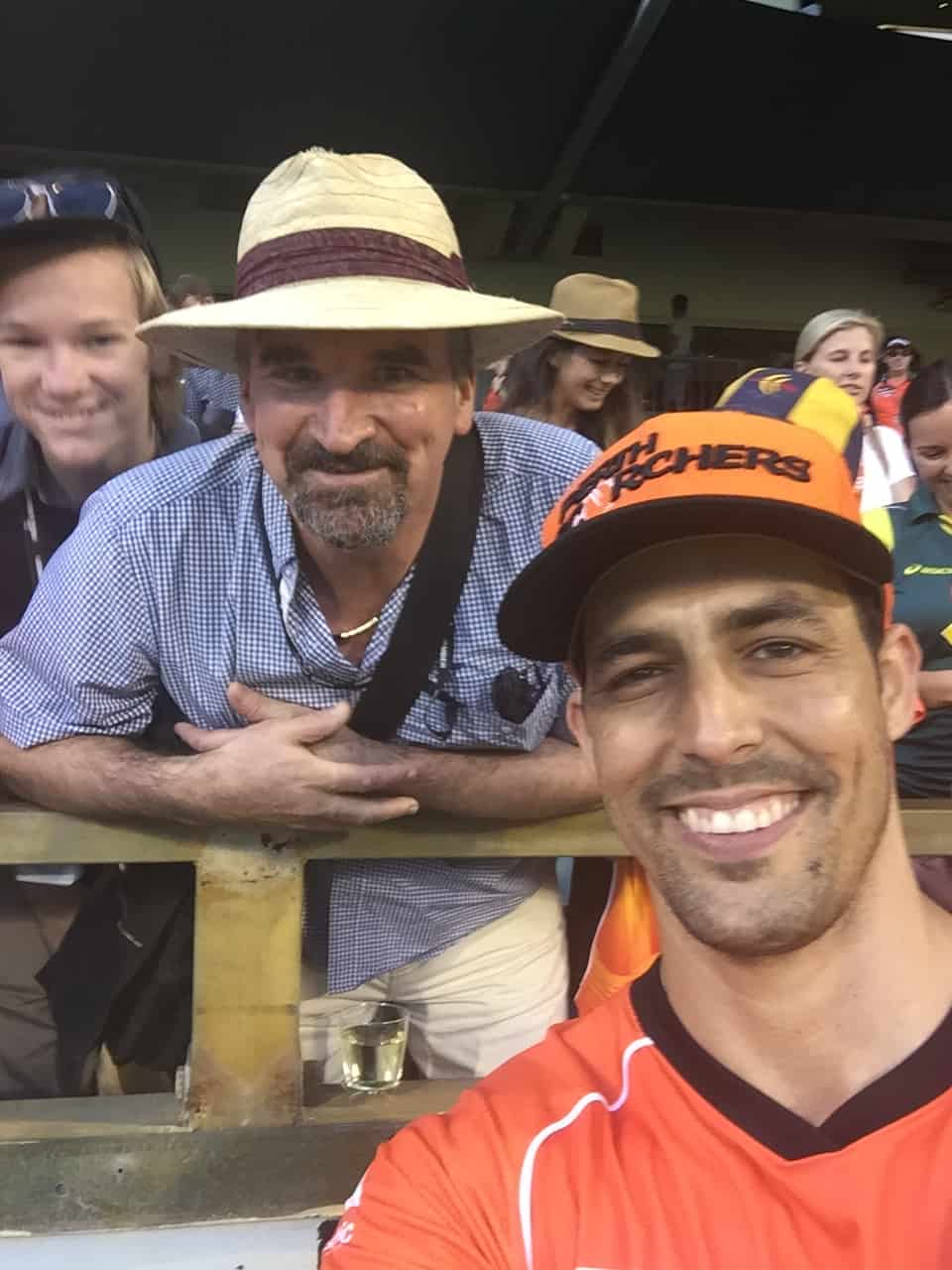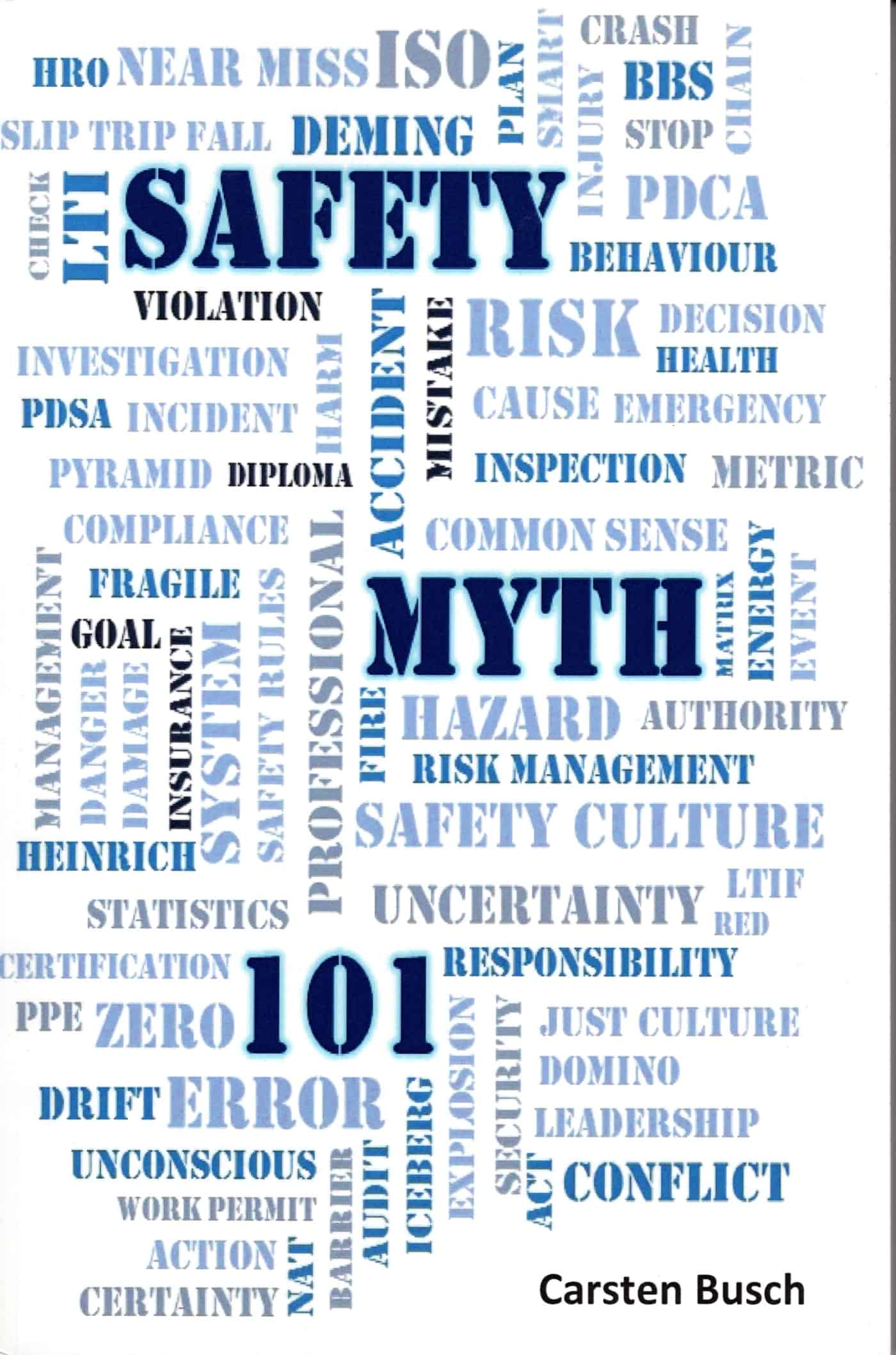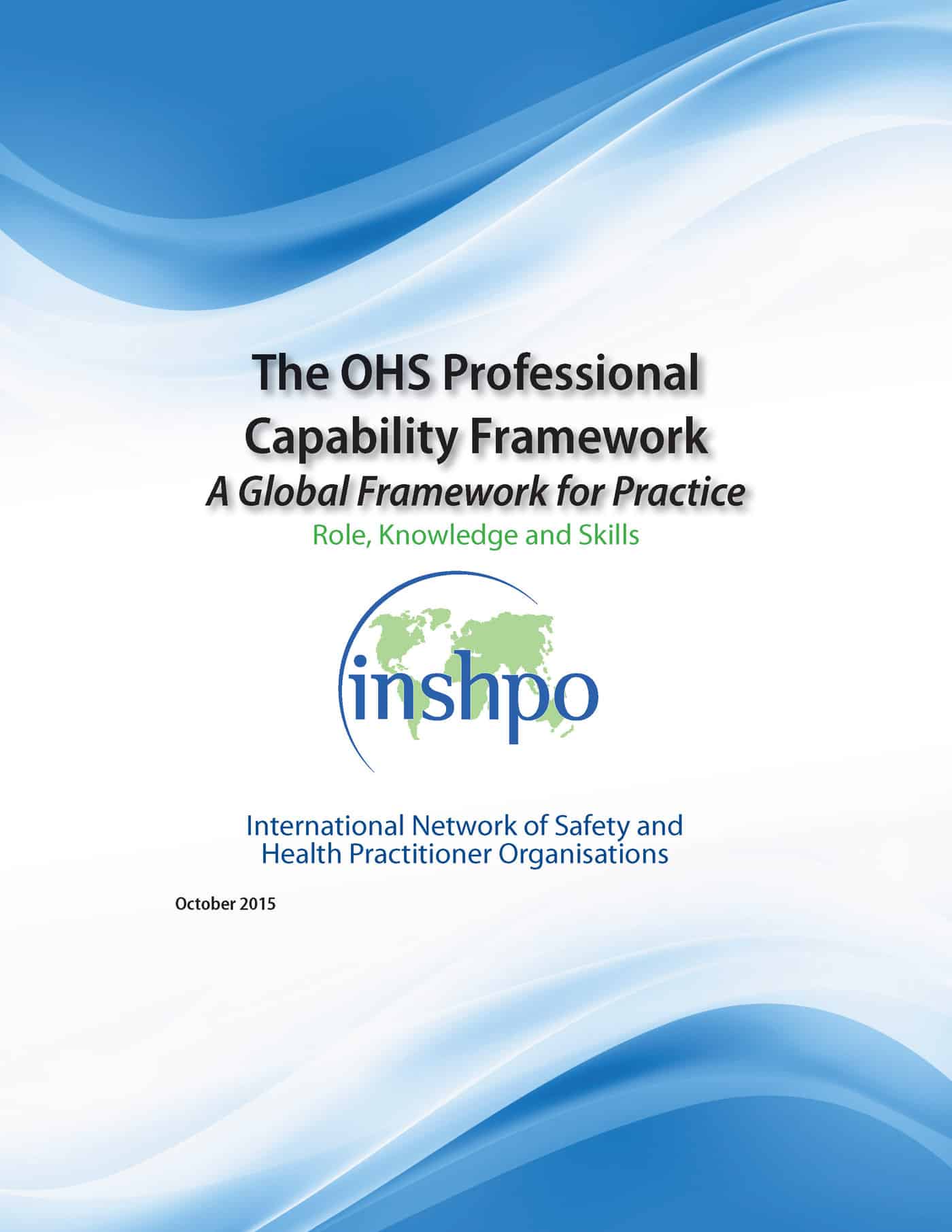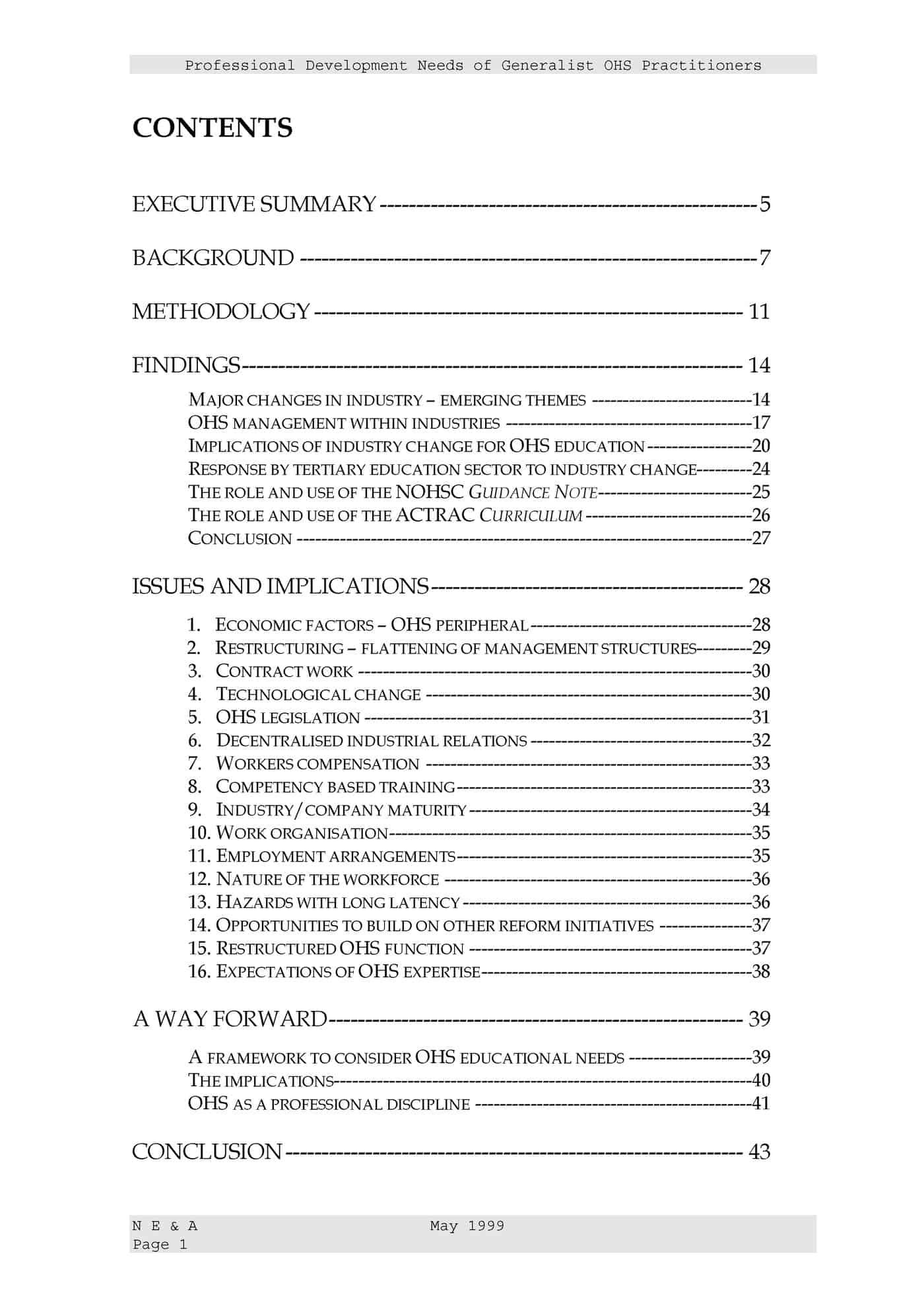 David Provan recently provided access to one of his research papers through LinkedIn while it is open. The paper is a literature review of the factors shaping the role of a safety professional. It is a difficult and confusing read until one reaches the Conclusion. This is not Provan’s fault but is an indication of the confusing and conflicting roles, actions, obligations and qualifications of the occupational health and safety (OHS) professional revealed by the research literature.
David Provan recently provided access to one of his research papers through LinkedIn while it is open. The paper is a literature review of the factors shaping the role of a safety professional. It is a difficult and confusing read until one reaches the Conclusion. This is not Provan’s fault but is an indication of the confusing and conflicting roles, actions, obligations and qualifications of the occupational health and safety (OHS) professional revealed by the research literature.
However, the Conclusion provides a good summary of all the literature with some useful strategies to improve the OHS conversation.




